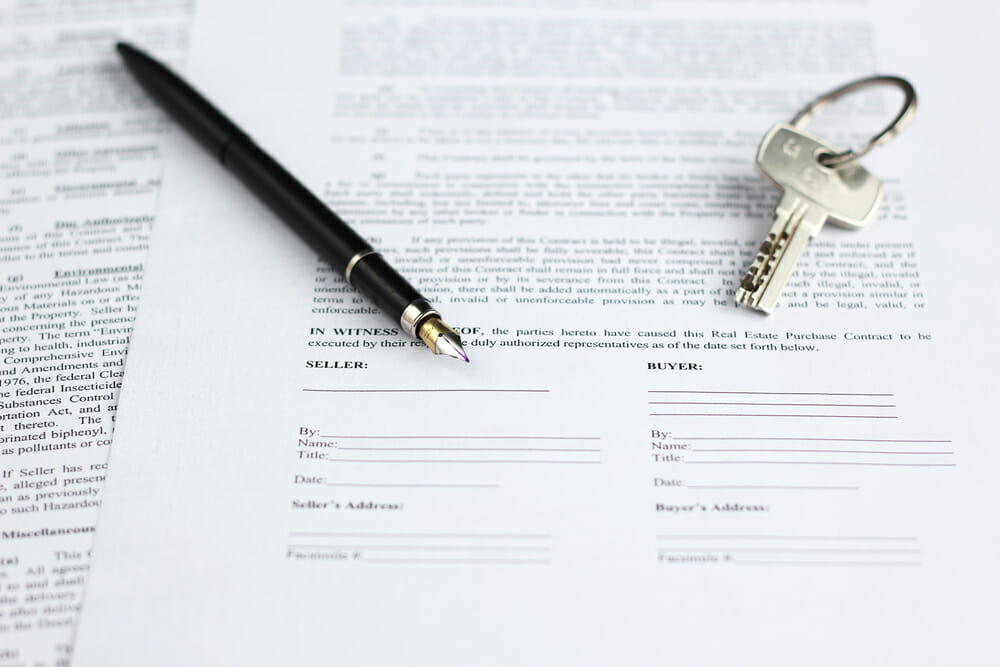
{Read in 2 minutes}
As a Trusts and Estates attorney, I spend a fair amount of time advising Executors and Administrators of Estates. All of these fiduciaries have one thing in common; they are tasked with collecting the assets of the Estate — whether those assets be real property, bank accounts, or intellectual property — and distributing them to those who are entitled to them, whether they be beneficiaries or creditors. However, Executors are somewhat unique in that they get their appointments through nomination under a Will rather than by virtue of blood relationship to the deceased, which requires that the Surrogate’s Court admit the Will to probate.
Although probate in New York is exceedingly quick and efficient in most cases, it is important to know that there may be some delay between the time that the Executor first files the Will for probate and the time that the Court fully admits the Will to probate. This may be a matter of days or years, depending upon whether people consent to the Surrogate’s Court’s admitting of the Will to probate — otherwise, there may be a lengthy Will contest.
In the interim, the Court can grant Preliminary Letters Testamentary to the nominated Executor so long as the court is in possession of the original Will of the deceased. The Preliminary Executor is able to do everything that a full Executor is entitled to do, except make a final distribution of the Estate to the beneficiaries. Think about it. The court has not yet ruled as to whether or not the Will is admitted to probate, so giving money to the beneficiaries named thereunder might be deemed premature.
What sorts of things might a Preliminary Executor do?
•Begin collecting the deceased’s assets
•Paying the bills left behind by the deceased, such as reimbursement of funeral creditors
•Paying the attorney’s fees for the Estate
•Engaging an accountant to prepare estate tax and income tax returns
At the conclusion of the probate process, the Court will issue full Letters Testamentary to the Executor, who can then make distributions to the beneficiaries and will often produce accounting for them, showing how the Executor calculated each of their shares.
For more information on this topic, please contact me.

